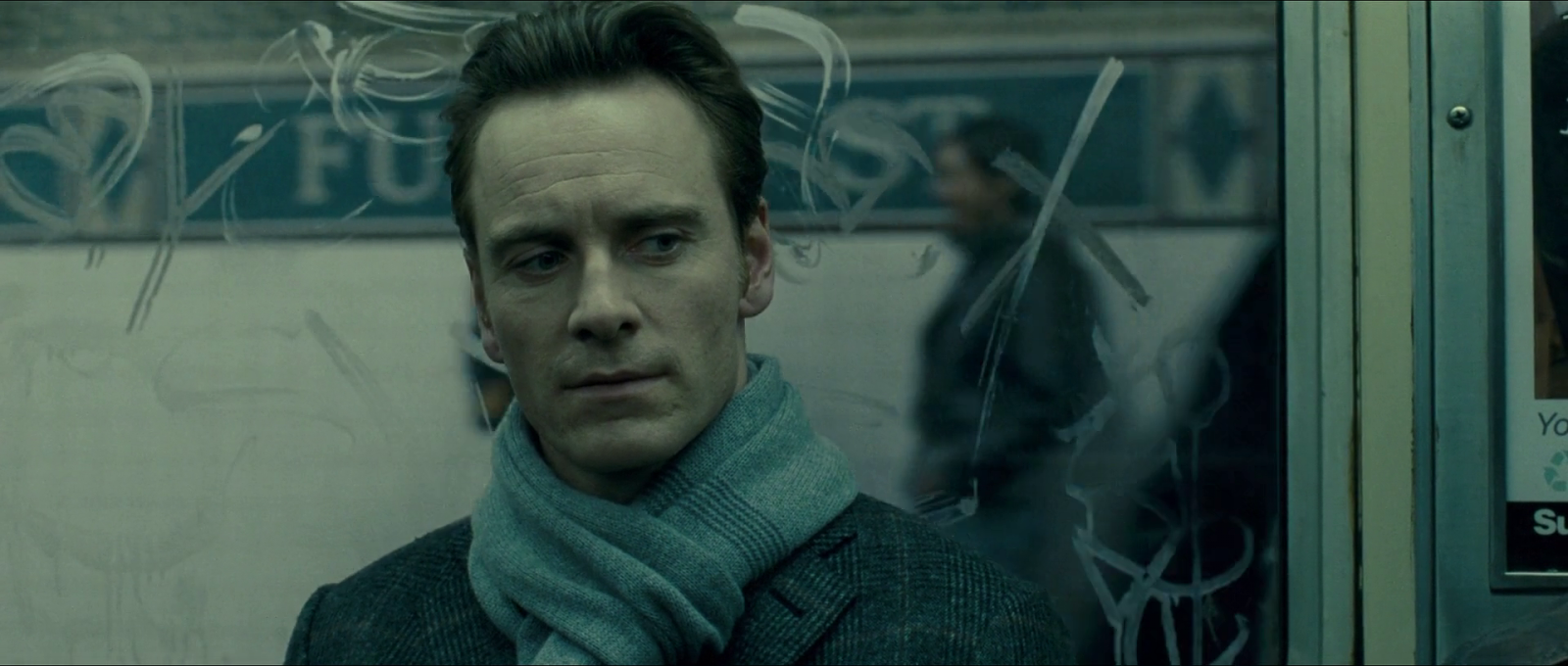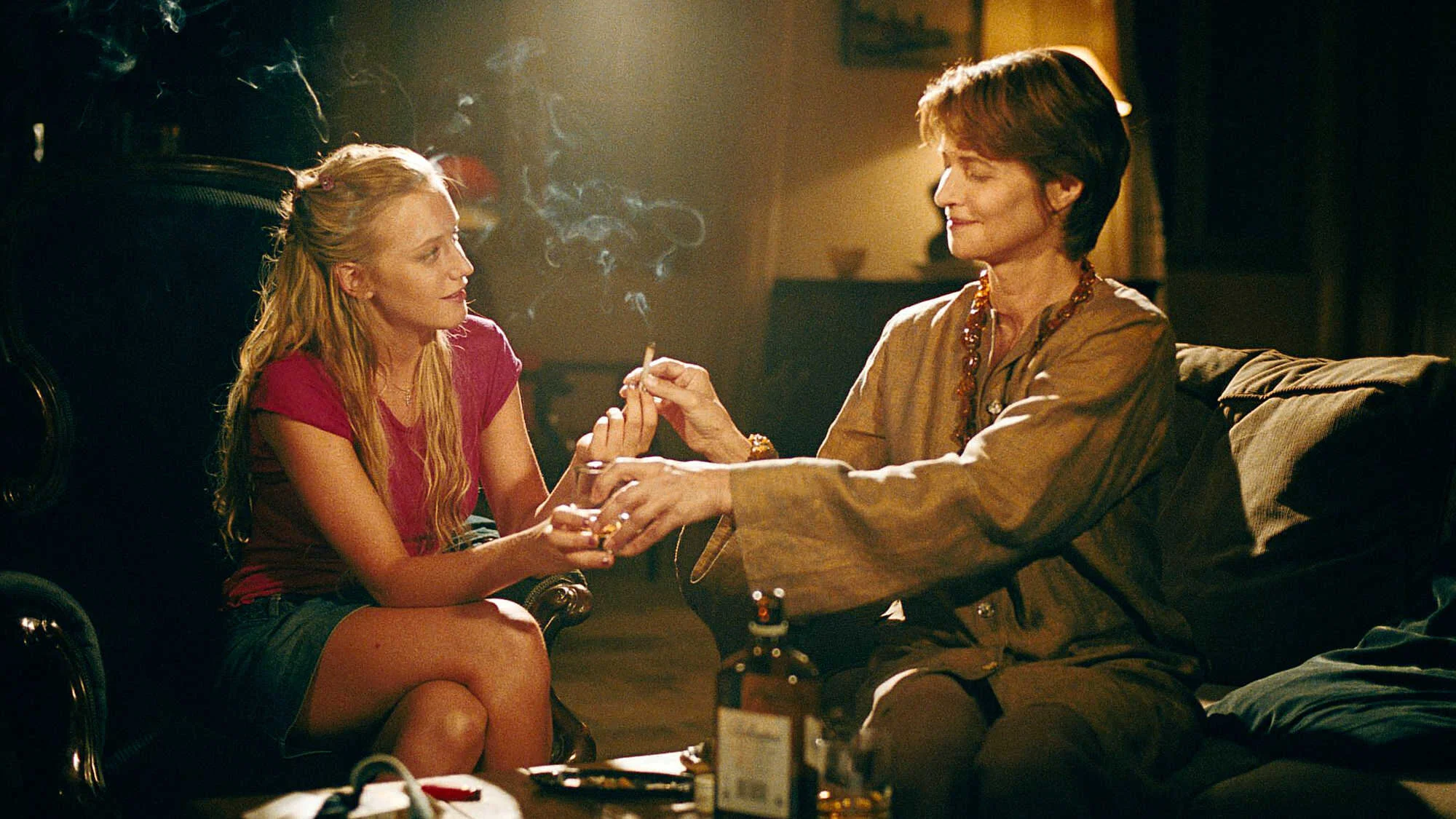Directors I Admire Part II
This blog post is a sequel to a post I wrote last year or the year before about film directors who inspire me (Check out Part I here). Naturally, I have discovered and watched many more “new” (only in the sense that I had not watched their films before) directors since that list, so I felt like it was time to revisit the concept. There will probably be a Part III so stay tuned for that whenever it drops lol.
Steve McQueen
Originally a video artist, McQueen broke into the film industry with his impressive feature-length debut Hunger, a harrowing tale of Bobby Sands a member of the IRA who went on a hunger strike and ultimately died while in prison. But for me, it was Shame that made me really take notice of his talent. Once again starring Michael Fassbender, Shame tells the story of a sex addict who’s meticulous lifestyle is interrupted by the reappearance of his bold and lively sister. And of course, it would be impossible to not mention 12 Years A Slave, which is honestly one of the most excruciating and powerful films I have ever watched.
I haven’t actually seen McQueen’s Small Axe anthology series which is available on BBC iPlayer (UK) and Amazon (Everywhere else?) but I’m sure I will shortly.
Thomas Vinterberg
Vinterberg is a Danish director and was responsible for co-creating the Dogma-95 movement alongside Lars Von Trier (another Danish auteur that I think is brilliant). The ten rules of Dogma were created to strip back filmmaking and make it simple and honest. Out of those rules, Vinterberg created his breakout film Festen (The Celebration) which won the Jury Prize at Cannes in 1998 and many other awards. Vinterberg has since shed the dogma doctrine and has gone on to make some phenomenal films, but there is still that sense of purity that remains in his filmmaking which I think is one of the reasons why I like his films so much. It’s safe to say that I am very much looking forward to his next film Druk (Another Round) on which he reunites with his Jagten (The Hunt) lead actor Mads Mikkelsen (TBH I will watch anything Mads is in 😍but that’s beside the point as I think this film could be Vinterberg’s magnus opus!).
David Fincher
Fight Club is one of my favourite films and its one that you can return to over and over again. And despite being a complete bibliophile, I actually think the film is better than the book it was based on, sacrilege I know! I have watched most of Fincher’s other films and have enjoyed them, but Fight Club stands out from the rest of them, for me anyway.
Luca Guadagnino
Guadagnino creates gorgeous looking films just watch any of his most recent efforts: Call Me By Your Name, A Bigger Splash or Suspiria, and it’s obvious why he would inspire anyone. But for me, it was particularly CMBYN that made me really interested in his work, I love the mood he creates in the film, he shoots Italy most beautifully, and it makes me nostalgic for a time and place I never have and will never be.
Barry Jenkins
Barry Jenkins came onto my radar through his oscar-winning film Moonlight. It’s a powerful examination of a young man at different stages in his life coming to terms with his sexuality and what it means to be a black man in America. The film is based on a play In Moonlight Black Boys Look Blue (written by the co-writer of the film’s script) and Jenkins plays with this striking visual motif throughout the film by showing Chiron at his most vulnerable when he is in the moonlight. I am yet to watch If Beale Street Could Talk, but it is high up on my list, and I will be reading the James Baldwin novel it is based on before watching it.
Autumn de Wilde
Autumn de Wilde’s Emma. is a tour de force of aestheticism and pure literary joy. Wilde is a photographer turned director with currently only one film under her belt, which is what makes Emma. so great, it’s an artists film. Everything tells a story, from the costumes to the set design. I can’t wait to see what she does next.
Wong Kar-Wai
Like with a lot of the directors on this list I have only watched one of Wong Kar-Wai’s films, however, I am utterly obsessed with it. In the Mood for Love is one of the most beautiful pieces of cinema I have ever watched and it has very quickly become one of my favourite films. The use of colour, the framing of shots, the soundtrack, the writing, the acting. The whole film is a masterpiece. I can’t wait to watch more from Wong and luckily I recently nabbed a copy of Chunking Express on eBay that wasn’t extortionately priced!
Céline Sciamma
Portrait of a Lady on Fire is pure art; there is no denying it. I wrote a rather gushing review on the film after watching it because it blew me away so much and I couldn’t stop thinking about it, in fact, I still think about it now, what can I say I’m a sucker for unfulfilled romances. Films like this make me fall even deeper in love with cinema (if that’s even possible).
Yorgos Lanthimos
Lanthimos has quickly become synonymous with dark and quirky films thanks to The Favourite, The Lobster, The Killing of a Sacred Deer and Dogtooth. It is clear that Lanthimos is a visionary and has a very specific film aesthetic, and I found that I was hooked on his films ever since watching The Lobster. Lanthimos is a huge inspiration for me as he started making films on practically no budget, and now he is one of the most exciting filmmakers working today. His most recent film is a short called Nimic, and at 12 mins long, it’s phenomenal and so freaking creepy!
Let me know in the comments section who your favourite directors are.
















